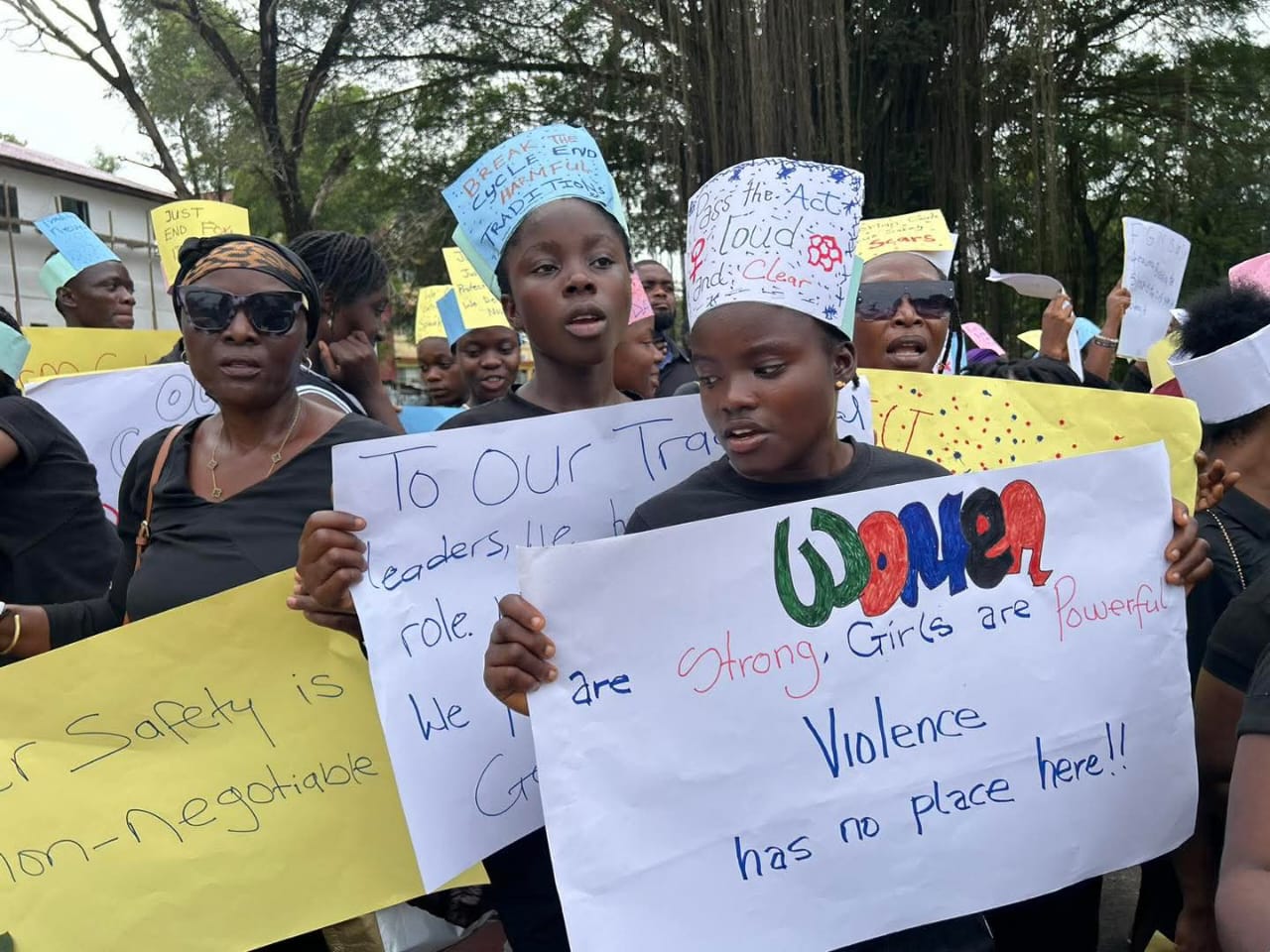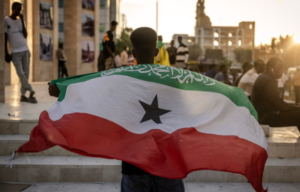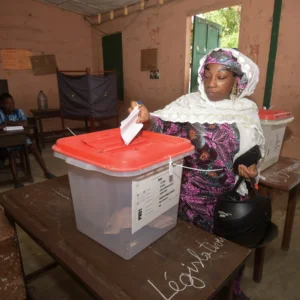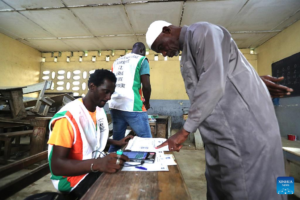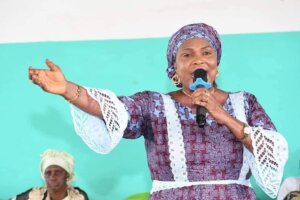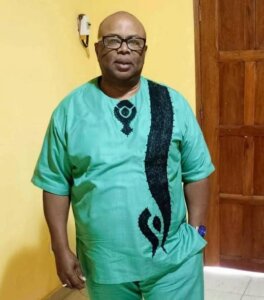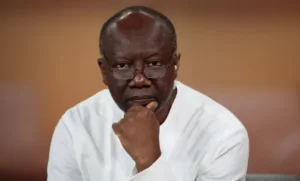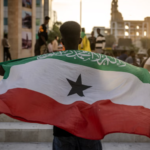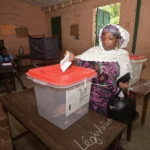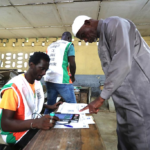Liberia’s long-running debate over Female Genital Mutilation (FGM) has entered a defining moment, as civil society groups intensify calls for a permanent, nationwide ban. For years, campaigners have pushed for stronger protections for girls and women, arguing that the practice violates basic human rights and carries severe physical and psychological risks.
Recent shifts in national dialogue have placed the decision directly in the hands of Liberians, signalling a new phase in the country’s effort to confront the practice. A broad nationwide consultation is now underway, creating space for citizens—particularly women and girls—to shape the future of FGM policy.
On Tuesday, activists in Monrovia petitioned the National Assembly, urging lawmakers to back a complete ban on what they describe as a harmful cultural tradition. Their appeal was backed by women’s rights groups, youth organizations, and health advocates who stress the urgency of decisive action.
As Liberia moves toward a citizen-driven decision, the outcome will determine whether the country adopts a historic ban or maintains the status quo. For many campaigners, this moment marks the most significant opportunity yet to protect the next generation of Liberian girls.
